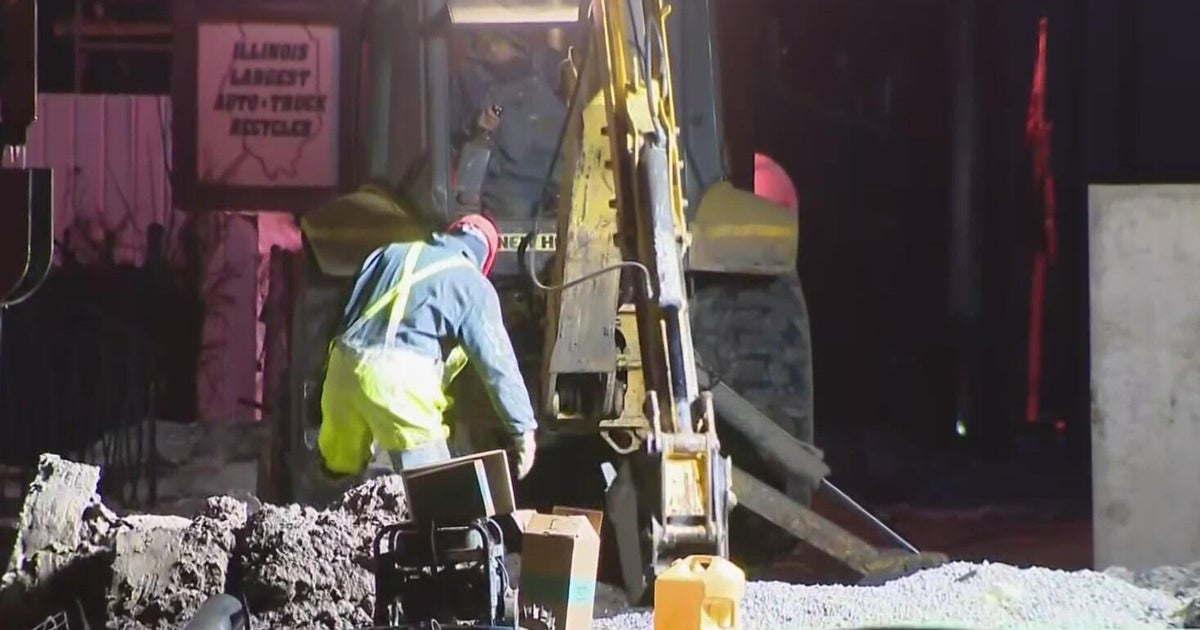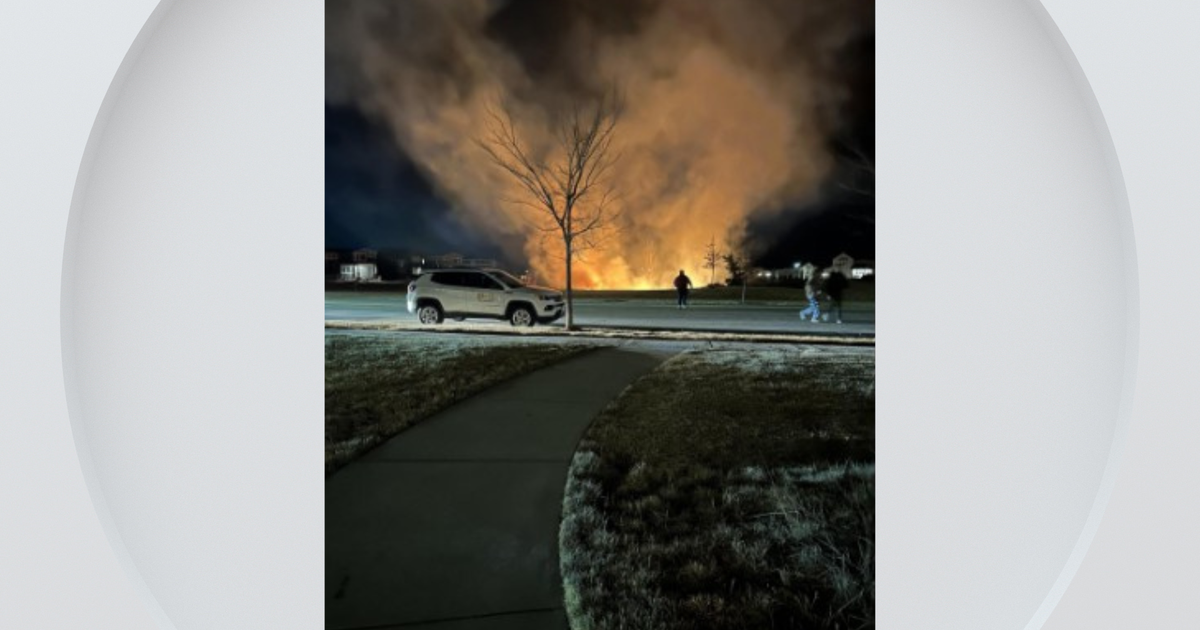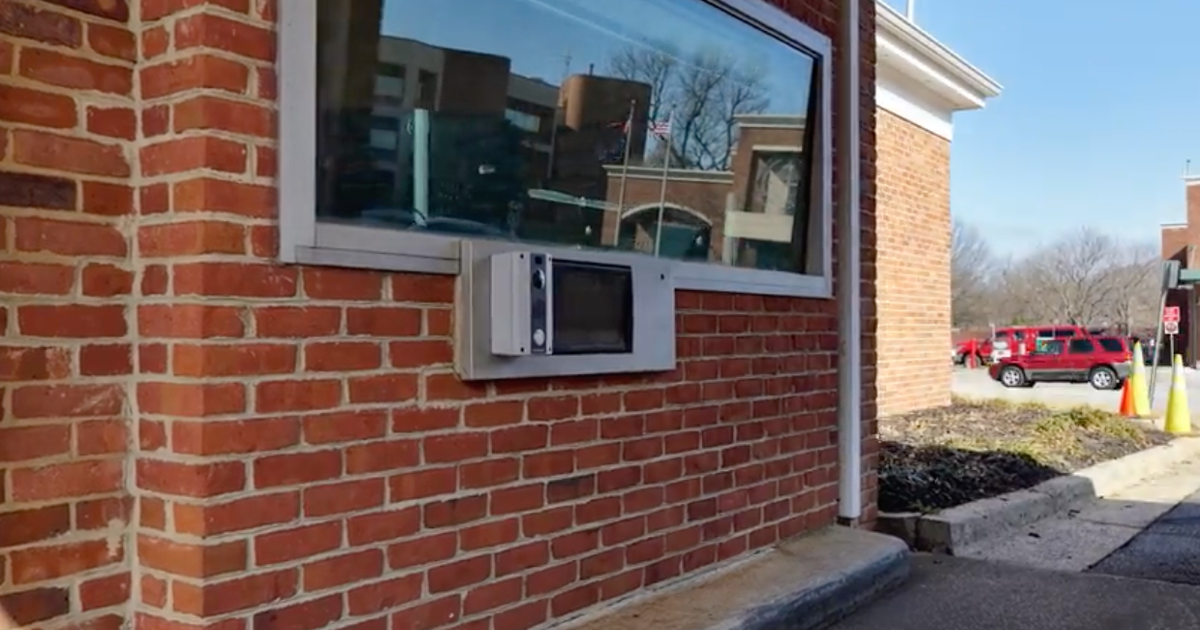Stimulus check: Why 50,000 people will get "catch up" checks
The IRS said it will send about 50,000 stimulus payments next month to people whose checks were wrongly withheld. The hiccup involves people whose spouses were late in paying child support.
About 160 million stimulus checks have been issued by the IRS since they were approved by the Coronavirus Aid, Relief, and Economic Security Act, or CARES Act, in March. But some individuals were left out of the payments, including thousands whose spouses were behind on paying their child support.
The wrinkle is due to a loophole in the stimulus payments, which allowed the IRS to garnish checks if recipients were behind in their child support payments. Earlier this year, the IRS said that checks would be reduced by the amount a person owed. But that decision affected thousands of taxpayers whose spouses owed child support. The spouses found that their payments were also garnished, even though they weren't responsible for paying the child support.
"The Internal Revenue Service will soon send catch-up Economic Impact Payment (EIP) checks to about 50,000 individuals whose portion of the EIP was diverted to pay their spouse's past-due child support," the IRS said on Tuesday.
The stimulus checks paid $1,200 for single taxpayers earning less than $75,000, and $2,400 to married couples with a combined income of less than $150,000.
Payments to married couples have sparked a host of allegations of unfairness and discrimination. For instance, couples were blocked from receiving any stimulus money if one or both spouses is an immigrant without a green card. In other words, U.S. citizens married to immigrants without a green card — including those with legal status, who pay taxes — were blocked from receiving stimulus payments, leading to lawsuits.
Form 8379
In the case of those who didn't receive payments due to their spouse's overdue child support, the IRS says the checks will be mailed next month to eligible taxpayers who submitted a Form 8379, also known as the "Injured Spouse Allocation." They should also have sent either their 2019 federal income tax return or their 2018 return.
"The IRS will automatically issue the portion of the EIP that was applied to the other spouse's debt," the agency said.
The IRS said that while it's aware that not all eligible taxpayers filled out a Form 8379, it plans to send out catch-up payments to them, although it doesn't yet have a time frame for when those checks would be sent out.



